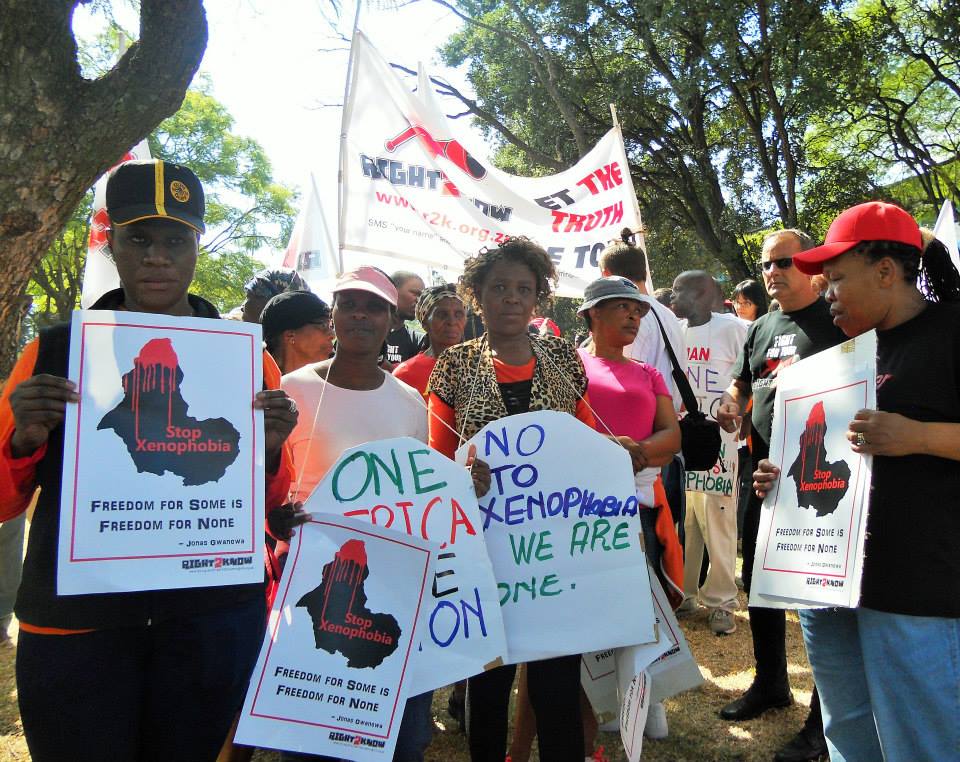New amendments to Secrecy Bill applauded
Johannesburg – Ruling party and opposition MPs were united in applauding changes to the Secrecy Bill, but still hugely divided on the legislation’s constitutionality in certain areas.
Members of the ad hoc committee on the Protection of State Information Act were due to reconvene on Tuesday to adopt the final draft document after several months of deliberations.
The matter is far from over, though, as the Right2Know campaign plans to challenge the entire bill in the Constitutional Court, and the DA wants to petition President Jacob Zuma to refer the bill back for reconsideration because it believes it is unconstitutional.
Committee members from the ANC, DA and African Christian Democratic Party welcomed the amendments made by the National Council of Provinces (NCOP), which included a public interest clause.
Despite welcoming the changes, DA MP Dene Smuts said there were still areas of concern – like how the bill would affect provincial governments that keep their own archives and records.
ANC MP Luwellyn Landers said the ANC caucus had thoroughly applied its minds to the amendments.
“And as you know, we have already had very lengthy, detailed, sometimes painful discussions on the provisions of the bill. Most of us in the ANC are of one mind, and that is that we want to formally propose to this meeting that we accept all the amendments from the NCOP as placed before us,” said Landers.
Smuts noted: “The changes brought by the NCOP are excellent, and I have said so publicly, but there are two clauses in particular where I have the distinct impression that our colleagues in the NCOP may just not have carried through what their own intention was.”
Steve Swart, of the ACDP, said his party welcomed the amendments.
He said some of the changes went a long way in allaying the concerns over the disclosure of classified material in the public interest.
The Right2Know campaign has also not ruled out taking the matter to the Concourt and has already briefed its lawyers.
Although happy with the changes, the public interest defence remained inadequate, said the campaign’s Mark Weinberg, who attended Monday’s meeting.
There was a need for a “public domain defence”, he said, which meant that once a state secret was already in the public domain, a person could not be prosecuted.
“There are a few things that give us grounds for going to the Constitutional Court. We’ve already briefed our lawyers. This issue is far from resolved. The amendments are the result of the public campaign and not because of the ruling party,” said Weinberg.
Smuts said after the meeting that the intelligence services had been in charge of all public and some private records under a policy called the Minimum Information Security Standards.
She said this policy had no basis in any law and was not a set of regulations under the existing Protection of State Information Act.
She said it put the intelligence services in charge of all record-keeping at a national level, even though the 1996 constitution made provincial archives and record-keeping an exclusive provincial competence.
This article was written by Babalo Ndenze and first appeared on IOL news on 23 April 2013.



